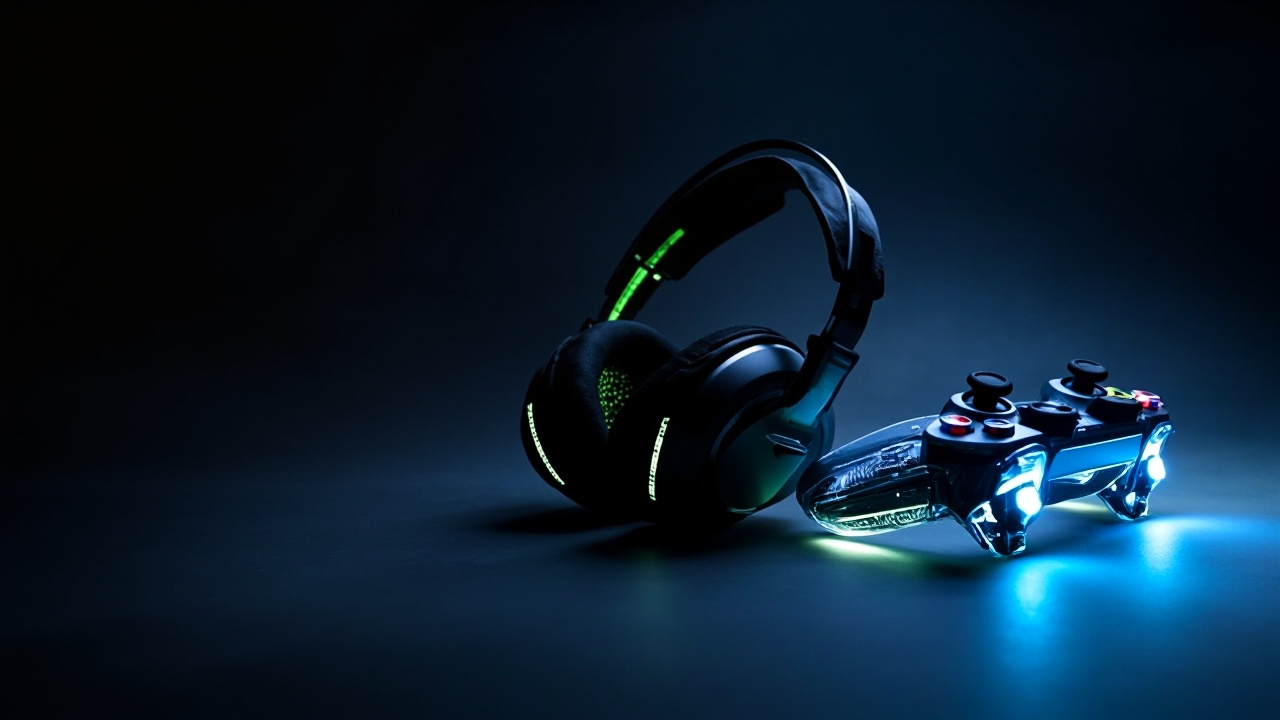Zebrafish in Space: Insights on Biology and Astronaut Health

The recent news regarding the use of zebrafish in space research is a striking reminder of how far we’ve come in our understanding of biology and the necessity of innovative approaches to tackle complex scientific questions. The integration of a well-established model organism, such as the zebrafish, in zero-gravity environments opens up new avenues for scientific exploration, particularly concerning human health risks associated with long-duration space travel.
Zebrafish, with a genomic similarity of 70-80% to humans, are unique model organisms due to their transparent embryos and rapid development. The recent deployment of zebrafish aboard the Shenzhou 20 spacecraft marks a significant step in addressing severe issues like bone loss and cardiac remodeling experienced by astronauts in microgravity conditions. By simulating these physiological challenges through zebrafish studies, researchers gain invaluable insights into the underlying biological mechanisms, aiding in future space missions and improving health outcomes for astronauts.
Moreover, the utility of model organisms extends beyond space research; it encompasses an array of biological inquiries, including genetic, developmental, and neurological studies. Common model organisms, such as fruit flies, mice, and nematodes, have fostered groundbreaking discoveries that characterize fundamental biological processes. The collaborative application of diverse models is becoming an imperative in the scientific realm, enhancing the reliability and comprehensiveness of findings.
As we reflect on the implications of these studies, it is increasingly clear that model organisms like zebrafish are not merely tools for experimentation but rather pivotal components in unraveling the mysteries of life. Their contribution in zero-gravity settings emphasizes the interconnectedness of various biological realms and heightens our aspiration to understand the complexities of life. Will advancements in space biology lead to revolutionary breakthroughs in human health research?
Read These Next

Huawei's Smart Automotive Solutions: Game-Changing Remote Viewing
Huawei has upgraded its "Dry Kun" smart automotive solution by adding mobile remote viewing capabilities to its Sentinel Mode, allowing users to check their vehicle's surroundings via smartphone.

Apple visionOS 26 Supports Sony PSVR2 Controller
Apple announces visionOS 26's compatibility with Sony's PSVR2 controllers, expanding its gaming ecosystem and enhancing user engagement.

macOS 26 Tahoe Launch: Critical Commentary
Apple unveils macOS 26 Tahoe with enhanced Spotlight and new design features, aiming to redefine user experience while navigating privacy concerns.
